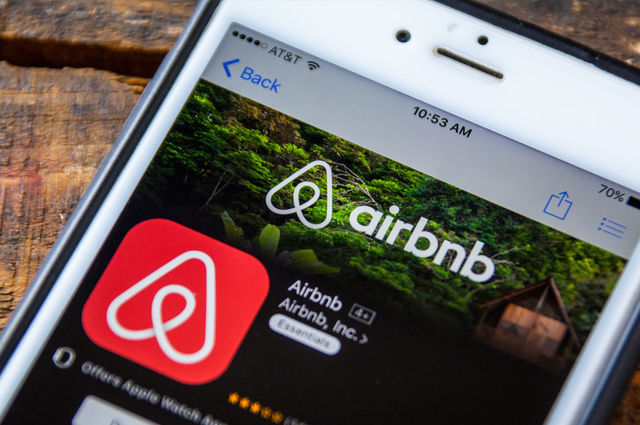Is Airbnb Hotelier’s Friend or Foe?
14 experts shared their view
After the recent acquisition of HotelTonight, If there were any doubt as to Airbnb's true intentions of entering the OTA space and start aggressively competing with online travel agency giants such as Booking Holdings and Expedia, they need to be laid to rest immediately.
The industry has conflicting views of the role Airbnb plays and will play in hotel distribution. Some hoteliers believe that Airbnb is not an ordinary OTA since it "hijacks" travel demand and diverts traditional hotel guest to private accommodations. Airbnb has already "hijacked" 10%-15% of the travel demand in many major metropolitan areas and leisure destinations such as New York City, Paris, and London. This affects negatively overall occupancy and hotel room pricing and hoteliers are unable to raise ADRs in periods of traditional peak demand. According to Morgan Stanley Research, 50% of survey respondents in the US, UK, France, and Germany reported that they booked an Airbnb in place of a traditional hotel. In other words, Airbnb is diverting traditional hotel guests to private accommodations.
Other hoteliers welcome the entry of Airbnb in the hotel distribution mix, since they believe Airbnb adds another option to the existing duopoly of Booking Holdings and Expedia.
What is your take on the subject?
Airbnb broke the 'boundary' between the accommodation and the hotel industries by focusing travellers on what they need is a place to sleep, not a hotel room. Airbnb, as a relatively new supplier of beds, works harder to better understand travellers and, as a consequence, travellers are willing to tolerate the inconvenience of waiting to be approved, and dragging their luggage to find their Airbnb. How many hotel brands have this power?
Labelling Airbnb as a 'foe' may imply a war to be won over. Yet, does the hotel industry have any advantages to win? Airbnb just reached their 500 millionth customer. Airbnb is becoming more accessible through more inventories across the world, working with channel managers such as siteminder, and last minute booking facilitated by HotelTonight. How can the hotel industry convince travellers using Airbnb to check in again? How could the hotel industry stay relevant and not to be marginalized by Airbnb?
Maybe instead of treating Airbnb as a foe, the hotel industry should learn from Airbnb. The hotel industry needs to better understand why people travel. People travel to connect with love ones, to discover the world, to conduct business and maintain networks, and to discover their 'true' self. Could the hotel be the stage and facilitator? Can they provide the 'hosts' their customers really need?
The hotel industry needs to strengthen its role in perceptions of both community and traveller stakeholders by conducting the research needed to demonstrate their economic contributions. The hotel industry provides a wide range of job opportunities, creates many tourism related local multiplier effects through purchasing various products and services, and paying of various taxes. Staying in a hotel is not only about a place to sleep but a chance to contribute to the local economy while supporting the destination's ability to compete.


